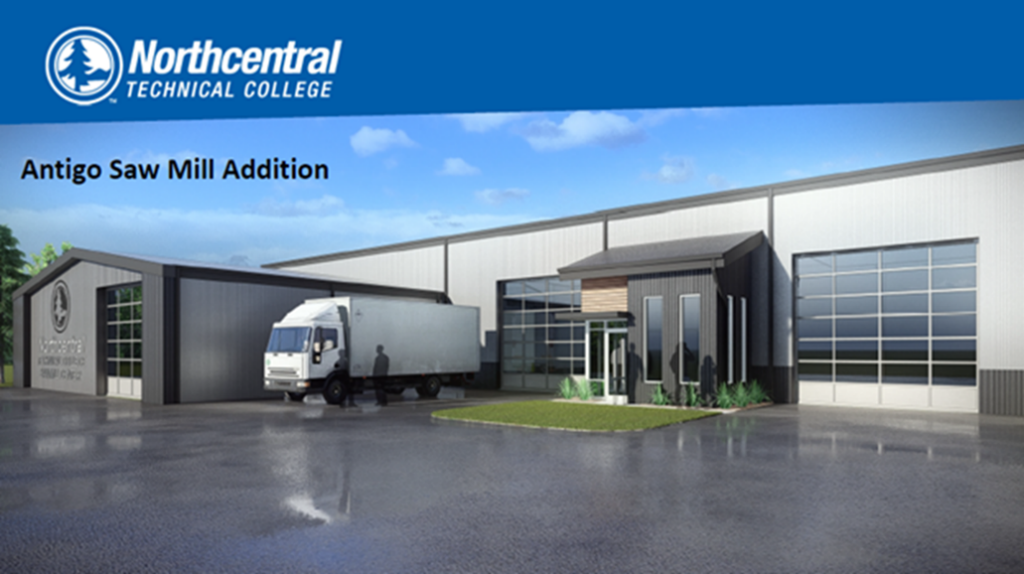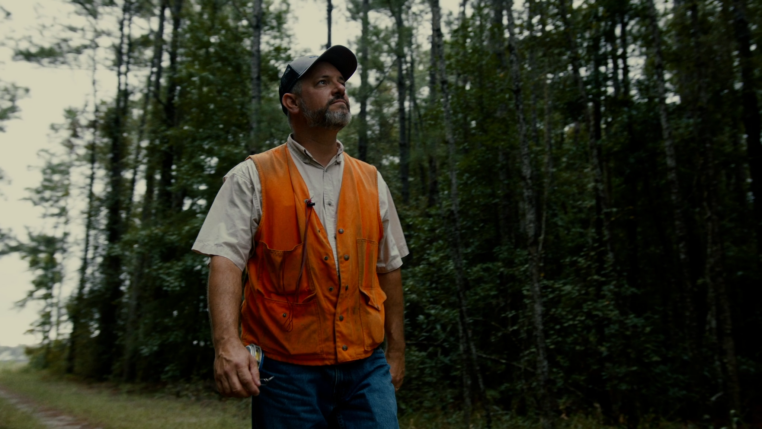Wisconsin Forestry Careers Coalition “Moving Forestry Forward”

In July 2021, the Wisconsin Forestry Center (WFC) at the University of Wisconsin Stevens Point (UWSP) received word from Governor Tony Evers’ office that our application for an $8 million workforce innovation grant to address recruitment and development in forestry was approved. The initiative is based on an underlying belief that a pathway program combining education and entry-level skill development could be an effective vehicle to recruit and prepare individuals for the array of career opportunities in forestry and would facilitate career development by attaching educational value in the form of credits to prior learning experiences.
The partner-driven Wisconsin Forestry Careers Coalition (WFCC) has 3 branches:
- an applied forestry curriculum for high schools,
- a 6-week immersive training program in Forest Operations, and
- a 5-week immersive training program in Mill Technology.
Applied Forestry Curriculum for High Schools
The applied forestry curriculum for high school is currently being piloted at the Menominee Indian High School and has four academic-year modules in tree identification and tree biology, forest health, an introduction to forest management practices, and an introduction to forest products and manufacturing. For high schools wishing to adopt all or parts of the curriculum the WFC provides Ponsse harvester/forwarder simulators, portable sawmills, portable dehumidification kilns, and equipment trailers for field work.

Complementing the academic year curriculum is a UWSP credit bearing (2 credits total) 40-hour skills camp at UWSP’s Treehaven campus in Tomahawk, WI. Treehaven is a 1,400-acre working forest and a perfect location to develop skills in chainsaw operation and tree felling, milling and kiln drying, and operating forestry equipment including tractors, skid steer, UTV’s and loaders.

High school teachers wishing to adopt the applied forestry curriculum participate in a series of 1–2-day workshops to develop familiarity and experience using the supporting equipment. Teacher training workshops include mechanized timber harvesting, chainsaw operation and hand felling, milling and kiln drying, log scaling and grading, forest health, and forest management. Those teachers that complete the training(s) are eligible to enroll in an externship with a partnering business to gain a deeper level of understanding as to the opportunities and skills required for a career in forestry, forest operations or manufacturing.
Forest Operations Immersion Training Program
The first Forest Operations immersion training program will be held in October 2024 at Treehaven and will consist of a cohort of 10 employees from Menominee Tribal Enterprises. The 240-hour residential program consists of three credit-bearing (6 credits total) courses: Introduction to Forestry, Forestry Equipment Maintenance, and Forestry Equipment Operation (Table 1).
Table 1. Forest Operations immersion training program offered through UWSP.

The Forest Operations immersion training program would not be possible without the incredible support of our industry partners, Ponsse North America, Case Construction, and Milwaukee Tool, and our educational partner, Nicolet College who will provide instruction on the forestry equipment maintenance module.

Mill Technology Immersion Training Program
The first Mill Technology training program will be held on Northcentral Technical College’s (NTC) Antigo campus in 2025 when a state-of-the-art industrial sawmill manufactured by Cleereman Industries, Newald, WI, and building are completed. As with the Forest Operations program, courses in the Mill Technology training program are credit-bearing and may be applied toward NTC’s associate degree in Wood Science or 6 transfer credits towards a BS in Forestry degree at UWSP.

The Mill Technology immersion training program consists of 5 courses (200 hours):
- Sawmill Safety and Maintenance
- Sawmill Operations Overview
- Introduction to Hardwood Grading
- Introduction to Kiln Drying
- Lumber Manufacturing: Sawing, Edging, & Trimming
Once again, the Mill Technology training program would not be possible without the strong support of an educational partner, Northcentral Technical College, and the aligned manufacturing industry in Wisconsin.
The Wisconsin Forestry Careers Coalition represents what is possible when the interests and efforts of industry, education, state, and federal governments work in collaboration to address an issue. The National Forest Operations Training Coalition is the outgrowth of these collaborative efforts in several states across the country. Through cooperation and the sharing of information, resources and strategic direction, individual efforts are strengthened and made sustainable to the benefit of the collective forest industry.


